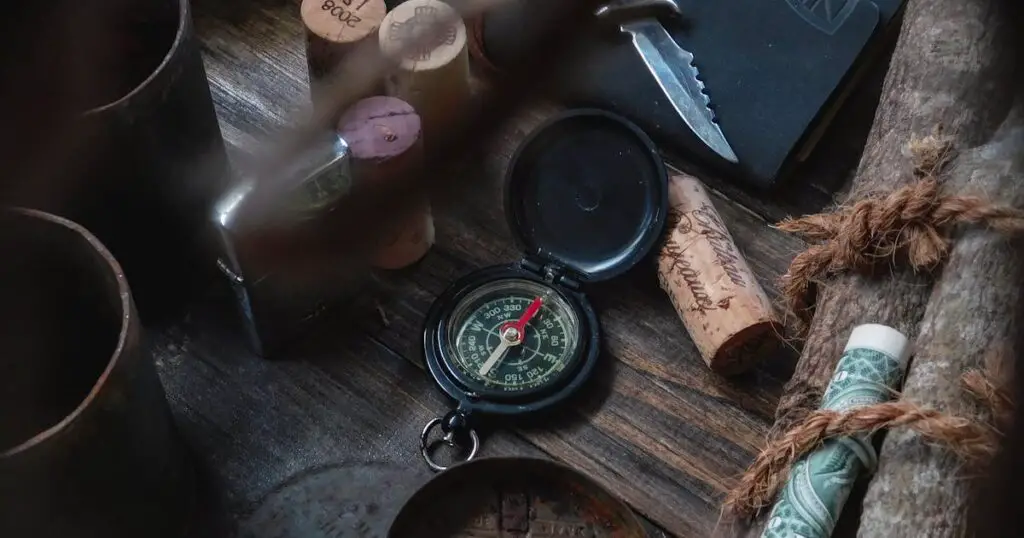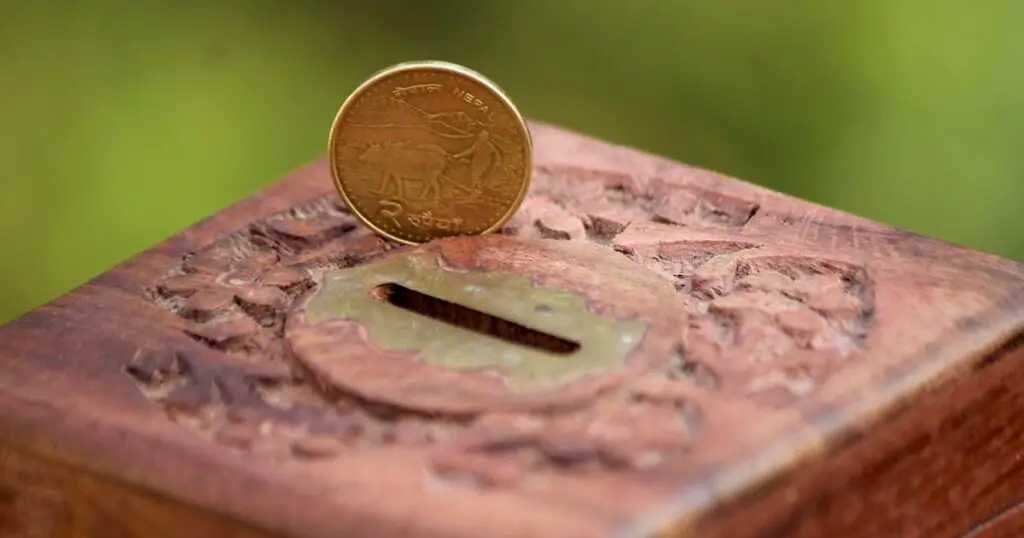Key Takeaway: Investing in antiques offers a unique opportunity to blend passion with profit, requiring careful consideration of types and values, making it a fulfilling venture for community and culturally-minded individuals.

Are you looking for a unique and exciting way to invest your money? Have you ever considered investing in antiques? If not, then this guide is for you. In this article, we will explore the world of antique investments and provide you with all the information you need to know before diving into this fascinating market.
Why Invest in Antiques?
Antiques have been around for centuries and hold significant cultural and historical value. Investing in antiques allows individuals to own a piece of history and preserve it for future generations. Unlike traditional investments such as stocks or real estate, antiques offer a unique and tangible experience.
Moreover, the antique market is immune to economic downturns and fluctuations. Despite economic uncertainties, there will always be a demand for antiques as they hold sentimental value for many people. As a result, investing in antiques can provide a stable source of income and serve as a hedge against inflation.
Types of Antiques
Antiques come in various forms, and it is essential to have an understanding of the different types before making an investment. Some popular categories include furniture, jewelry, paintings, sculptures, watches, coins, stamps, and books. Each type has its own set of characteristics and factors that determine its value.
For instance, furniture made from rare and high-quality materials such as mahogany or rosewood can fetch a higher price in the market. Similarly, vintage jewelry pieces with precious stones like diamonds or emeralds are highly sought after by collectors. It is crucial to research and educate yourself on the various types of antiques before making any purchases.
Factors to Consider Before Investing
Before investing in antiques, it is crucial to consider several factors to ensure you make a smart investment decision. The first thing to keep in mind is your budget. Antique investments can range from a few hundred dollars to millions, so it is essential to establish how much you are willing to spend.
Another factor to consider is the authenticity and condition of the antique. It is vital to do your due diligence and ensure that the piece you are purchasing is genuine and in good condition. This will not only affect its value but also determine its longevity as an investment.
Additionally, it is essential to have a long-term investment strategy when investing in antiques. The market for antiques can be unpredictable, and it may take time for their value to appreciate. Therefore, having patience and a long-term plan can lead to a successful return on your investment.
Determining the Value of Antiques
The value of an antique is determined by various factors, and it is crucial to have an understanding of these elements before investing. Some key factors that affect the value of antiques include rarity, historical significance, demand, and condition.
Rarity plays a significant role in determining the value of an antique. The rarer the piece, the more valuable it is likely to be. Historical significance also adds value to an antique as it offers a glimpse into a specific time period or cultural movement.

Moreover, demand for certain types of antiques can drive up their value in the market. For instance, if a particular artist or style becomes popular, the demand for their work will increase, and so will its value. Lastly, the condition of an antique is crucial in determining its value. A well-maintained piece will typically fetch a higher price than one that is damaged or worn.
FAQs: Antiques Investment Guide
Is it necessary to have an extensive knowledge of antiques before investing?
While having some understanding of antiques can be helpful, it is not necessary to have extensive knowledge. It is essential to do your research and consult with experts before making any investment decisions.
Can I make a quick profit by investing in antiques?
Investing in antiques is a long-term strategy, and it may take time for their value to appreciate. It is not a get-rich-quick scheme, so patience and a well-thought-out investment plan are crucial.
Can I insure my antique investments?
Yes, like any other valuable asset, it is recommended to have insurance for your antique investments to protect them from damage or loss.
Conclusion
Investing in antiques is not merely a financial venture but a cultural journey that fosters appreciation for history and craftsmanship. By carefully considering the authenticity, condition, and rarity of each piece, you can make informed decisions that potentially yield profitable returns.
Patience and thorough research are key in this market, and over time, you may find that your collection not only grows in value but also brings you immense joy and a deeper connection to the past.
Whether you are a seasoned collector or new to the world of antiques, we hope this guide has provided you with valuable insights and encouraged you to explore the fascinating realm of antique investments.



Leave a Comment
You must be logged in to post a comment.